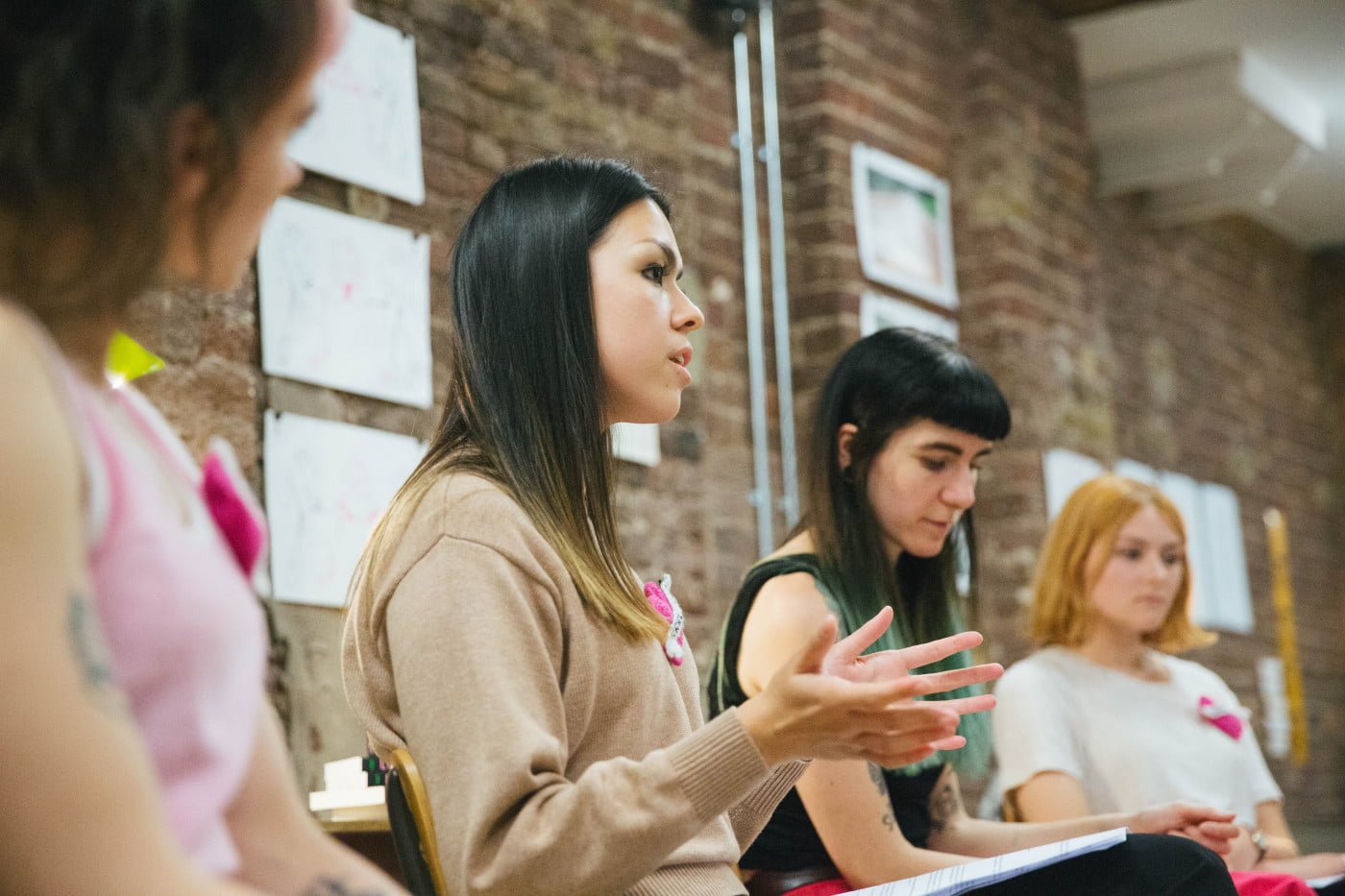
Michelle, Olivia and Aoife of Grrl Power
Ever wondered how to summon a feminist art collective? Throw into your pentagram: a copy of Chris Krauss’ I LOVE DICK, a DVD of Born in Flames, a Fenty lipstick and a really complex social media statement whilst playing the Lemonade album. Sprinkle on top some biodegradable glitter. Then chant ‘write that down’ three times and if you’re lucky and your heart is full intersectional values, Grrrl Power Liverpool will appear before you.
That’s how I came to be sitting across from Michelle Houlston and Olivia Graham, two thirds – unfortunately Aoife Robinson couldn’t join us – of the inspiring intersectional trio that is Grrrl Power Liverpool.
Since 2016, the trio have been working hard to create intersectional spaces in Liverpool, having formed initially as a book group focused on reading books ‘by womxn and people who identify as womxn’. The group formed, as Olivia explains, to do something to ‘empower womxn coming from artistic backgrounds’ by finding a common ground in which to engage people. They wanted to provide this sort of platform in Liverpool, Michelle adds, as they recognised there wasn’t as big a movement in the city as in Manchester and London.
Grrrl Power Liverpool often use their platform to promote a lesser known artist, or at least someone who may have been overlooked in the mainstream. For example, their online archive of essays, Lonely Girl Phenomenology, was inspired by Chris Krauss and invited womxn and non-binary people to write their own stories on how sexism affects their experience of love. Their pop up session Kitchen at Wild Loaf was inspired by Banana Yoshimoto’s novella and focused on the experience of womxn and non-binary people in both professional and non-professional kitchens, uncovering how gender roles place womxn in the latter but not the former.
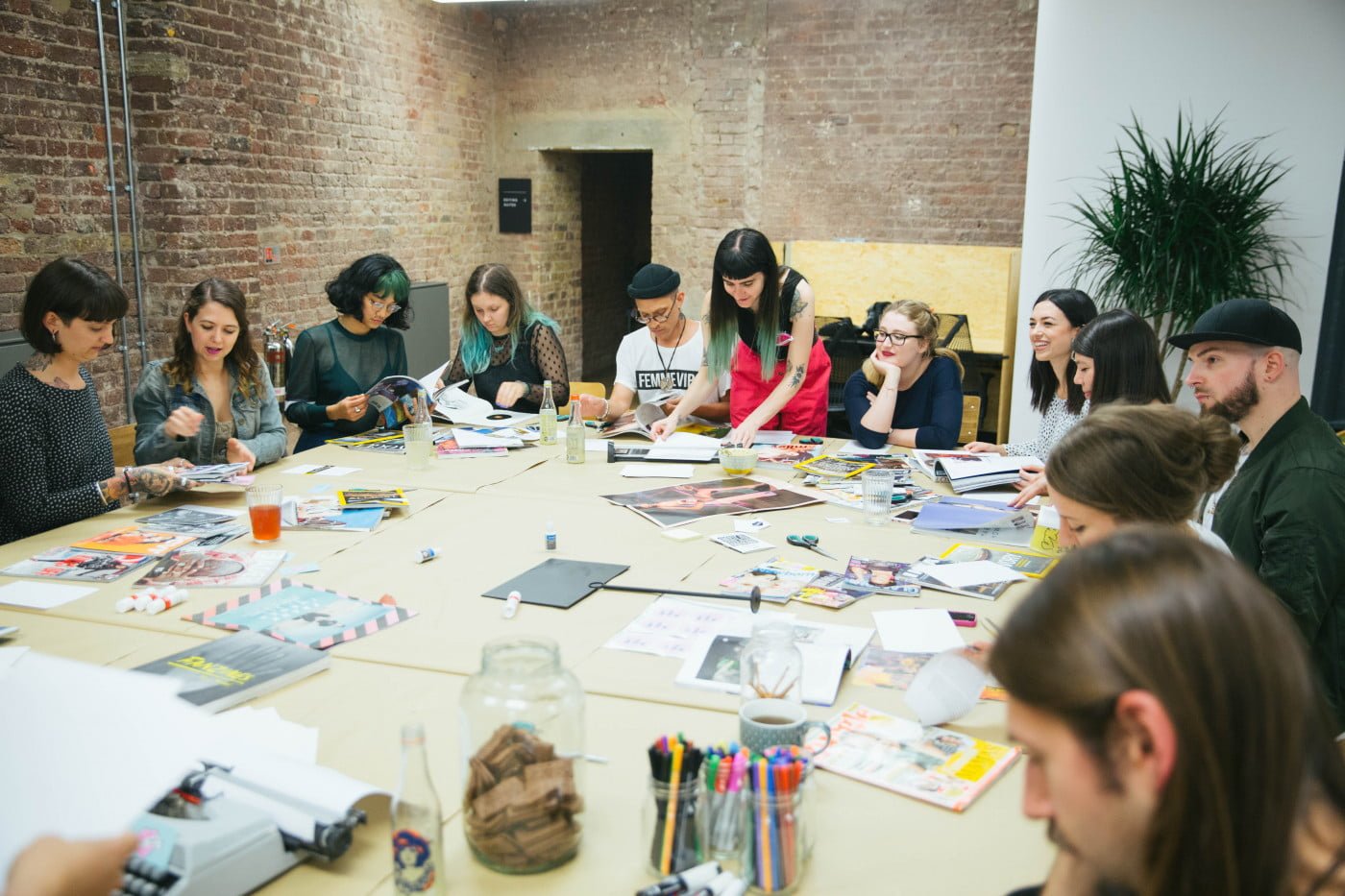
Olivia leads a Grrrl Power workshop
Each event is lined with cultural references and uniquely researched. Olivia explained that their ideas come to light when “we can see a reoccurring problem between the three of us and then outside of Grrrl Power, in our external influences… For example [for] the Lonely Girl Phenomenology essay series we wanted to do something around Valentines’ Day, and the idea was that we couldn’t think of one thing that would be the best way to take on conventional forms of romance. So we were like, why don’t we try and give everyone a narrative for Valentines’ Day?”
Liverpool’s culture scene has developed substantially in the last few years largely thanks to politically motivated collectives such as Grrrl Power. Their intentions are to focus on the ‘nuances of power’ on a ‘creative level’, evaluating how ‘arts, literature and music can impact culture’ with the aim to ‘reduce violence on womxn and non-binary people’. They recognise that they don’t and aren’t capable of touching on everything and are grateful to other groups who are also working on related struggles. As Michelle says, “There’s so many issues within the realm of intersectional feminism. We have chosen one area.”
And why should they be expected to cover all the bases? As Olivia comments this is just another patriarchal notion: ‘We wouldn’t expect the same depth of work from men in society. A part of why male artists and male professionals get to develop is because they get to choose a specific, almost niche path. But we expect womxn to cover everything. Not just in art or progressive environments but being wife, girlfriend, artist, Mum’. This expectation is part of what they set out to address.
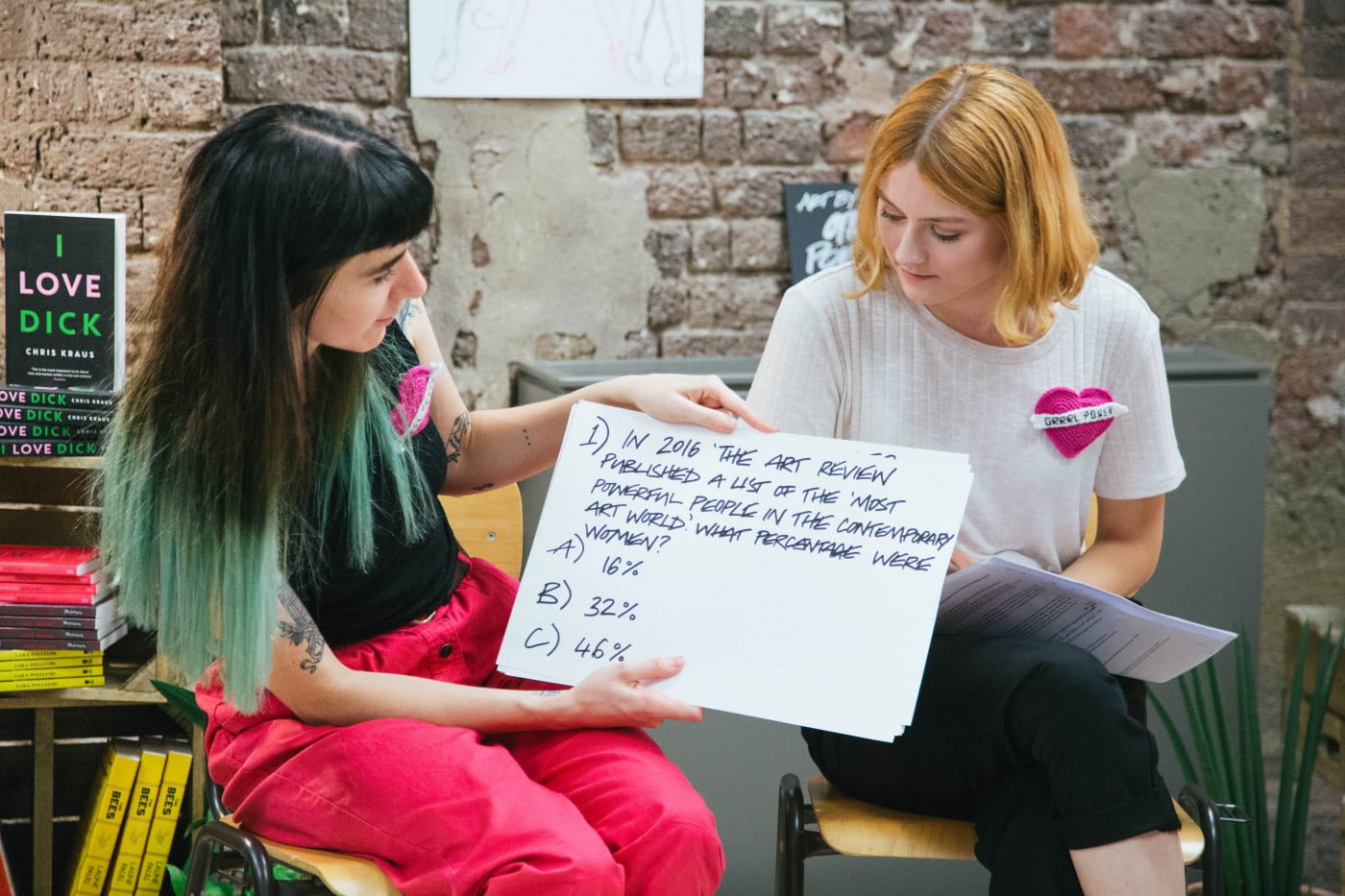
Olivia and Aoife of Grrrl Power Liverpool
The trio have always endeavoured to help and promote womxn and non-binary people in the arts and in doing so they’ve inadvertently learnt more about themselves; by working to give others a voice, they have strengthened their own. Michelle confesses that prior to Grrrl Power she didn’t consider herself an artist but now she definitely would: “I know that I am because I know that part of being creative is being critical of how culture and art is created and how it then effects society.” It can often seem that if you didn’t go to art school you aren’t allowed to make claims on the art world. This myth is exactly what the collective works towards shattering. Olivia adds, “It’s the way we institutionalise the whole concept of art… The goalposts we put on acknowledging an artist are always going to benefit the institutions of power which we see as cis, white, well-educated middle class men.”
An important factor in practising intersectional feminism is your awareness and ability to check your own privilege. It is clear from their projects that Grrrl Power Liverpool work consistently to do just that. As Michelle explains, “You have to be on a level of real trust for someone to check you properly, and I think that’s what I’ve got with Olivia and Aoife. There’s a whole conversation of call out culture and I think you have to be called out by the people who want you to be better,” and not – as Olivia adds – “someone who just wants to better themselves”. In the face of the moral absolutism of the internet, having these conversations with close friends is increasingly vital. As Michelle states, “You have to be safe to have those conversations.”
These womxn represent both the past and the future of feminism. Grrrl Power Liverpool take elements of the past – such as the name adapted from the Riot Grrrl movement – and bring it into the present. They are keenly aware of the lessons that have already been learnt whilst aiming to put them all under the intersectional lens that they hold at their core.
For a statement on Grrrl Power’s use of ‘womxn’ see here.

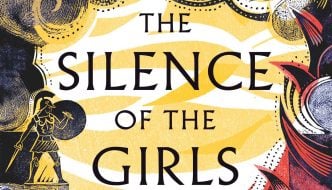
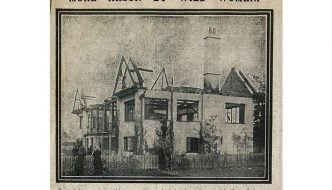
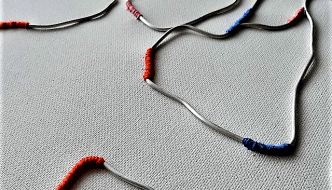
Comments